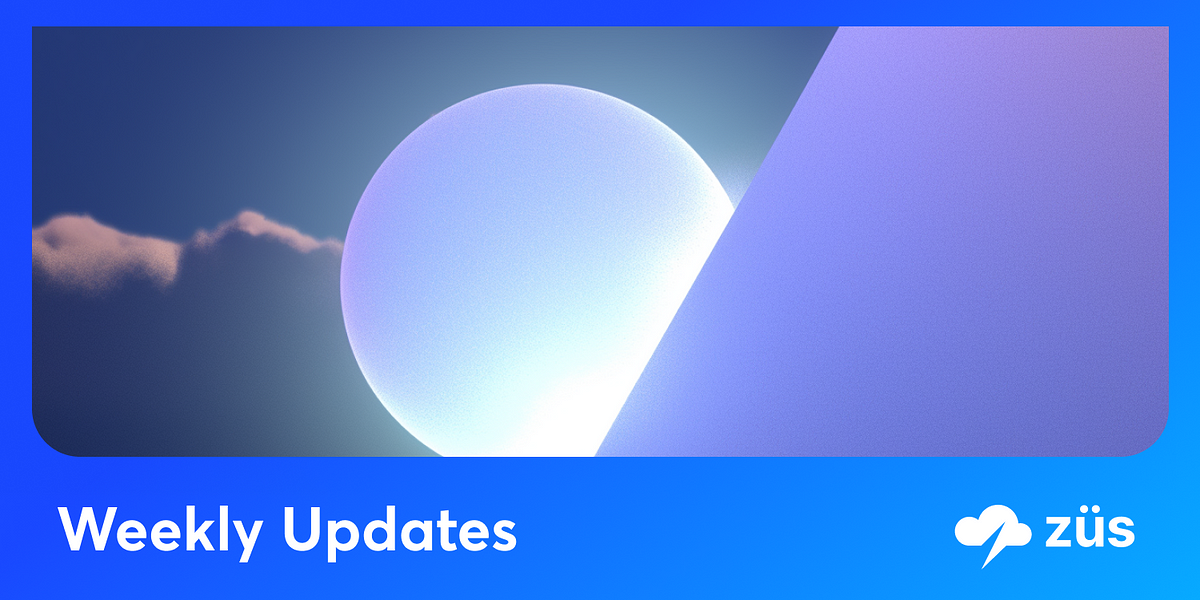Exciting Updates on Storage V2 and Mobile Apps Launch

The upcoming Storage V2 update is generating excitement as it promises significant improvements and fixes. Key features include enhancements to the Key Management System (KMS), which will allow multiple users to share access to the same wallet and storage allocations. Additionally, the update will enable video streaming for applications like Vult and Blimp. The rollout is anticipated by the end of the week, marking a pivotal moment for users looking for enhanced functionality and collaboration within the platform.
In parallel, the development of mobile applications for Vult is progressing rapidly. The team is on the verge of releasing the app on both iOS and Android platforms. The integration of KMS is nearing completion, and the implementation of video streaming features is ongoing. Active testing is being conducted to ensure that all functionalities are refined and optimized before the official launch, promising a seamless user experience for mobile users.
Moreover, the marketing efforts are gaining momentum with the initiation of ad campaigns across various platforms. Currently, ads on Reddit and Google are live, while Brave ads are expected to launch within the next two days. Additionally, a campaign on X is set to commence shortly. These marketing strategies aim to increase visibility and engagement, driving user adoption as the new features and applications become available. Stay tuned for more updates as the team continues to make strides in these developments!
Related News





